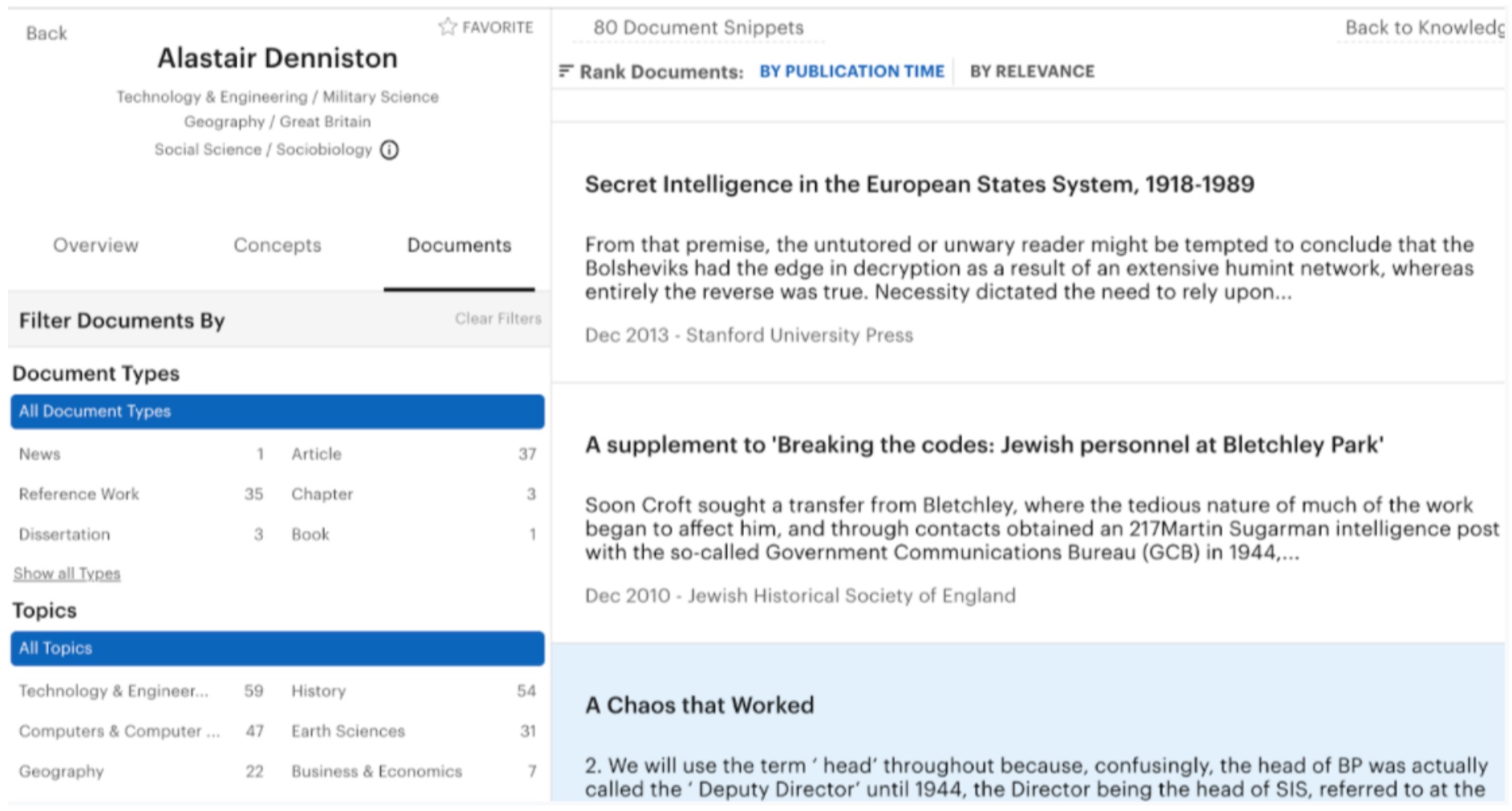How do publishers, specifically publishers of scholarly content, link their more in-depth content to trending topics in mainstream news in order to maximize sales and marketing opportunities?
Until recently, this would have been possible mostly through keyword search. For example, the 2020 experience with COVID-19 affected not only global health but also supply chains, transportation and travel, education, marketplaces and economies worldwide, and it is safe to say this was the most talked about topic in the news. Publishers at the time might have surfaced content about past pandemics and epidemics - HIV, Influenza (and its many waves), Polio and even the Black Death. Alternatively, they might have explored materials related more generally to “Global Crisis” or more specifically to “Human Coronaviruses” of which there are many, including the common cold.
However, linking keywords often falls short as terms change, become outdated, or are predated. For example, the idea of the UK withdrawing from the European Union was a known possibility long before the word “Brexit” came into circulation. Another issue is that important information can be buried within texts, typically content is indexed with anything from zero to 20 keywords, so in longer texts such as books with several hundred or even thousands of relevant terms, they simply have not been captured in the historic metadata. AI technology that reads the full text and enhances indexing by extracting all concepts can help surface relevant content, and that is what happened recently with Stanford University Press.
This spring, a 1941 diary entry belonging to Commander Alastair Denniston, a codebreaker in Room 40 and the Head of the UK Government Code and Cypher School was published revealing a secret intelligence alliance between the UK and US at the start of World War II. The alliance would later become the UKUSA Deal and grow into the “Five Eyes” pact between the US, UK, Canada, Australia and New Zealand. The story was big news however, because the meetings between the US and UK codebreakers took place at a time when the US had not yet entered into World War II.
Yewno Discover, the AI-powered research tool, was able to surface scholarly material from Stanford University Press and a number of other publishers on this very subject that dated back to 2013. In fact, the platform found 80 document snippets about Alastair Denniston in total. Because Yewno Discover ingests full text digital content and stores it in its entirety, it is able to surface even deeply embedded concepts. In this specific case, it was found in one paragraph in a book titled Secret Intelligence in the European States System 1918-1989 which is over 200 pages long. Keywords did not pick this piece up on SUP’s website search, understandably because of its proportion with regards to the rest of the text. It was simply not long enough to be part of the associated keywords. However, it was present and related to some very exciting news, which is interesting for marketing and social media promotion.
“We added 41 news sources to Yewno Discover over a year ago because there is a lag between recent news and trending events finding their way into scholarly literature and we wanted to help people find content relevant to their research quickly, avoiding the lag even when it hasn’t been through the peer review process.” says Yewno’s Chief Operating Officer, Ruth Pickering.

Alan Harvey, Director of Stanford University Press adds, “Our tagging could never be as granular as this so we are very pleased that AI technology is now able not only to get to this level of detail but also to link our content with trends in the news”.